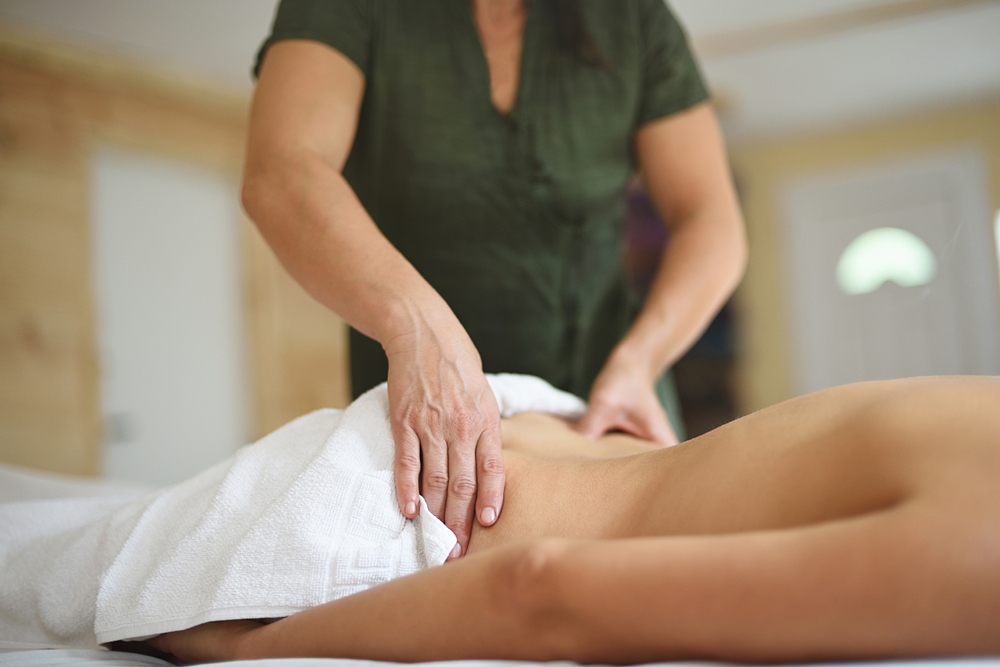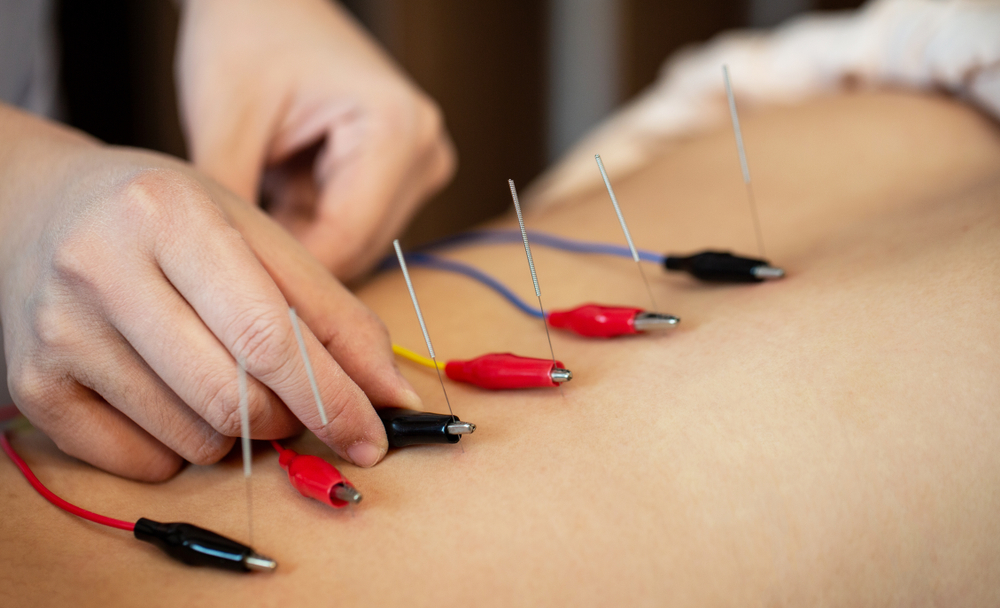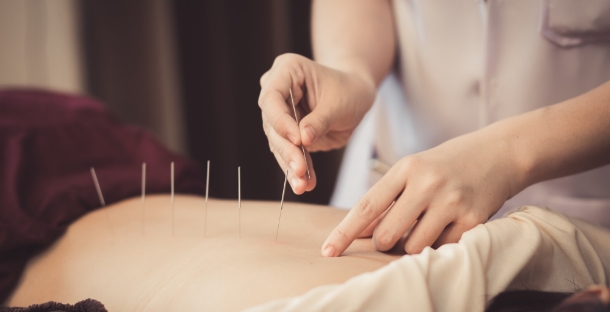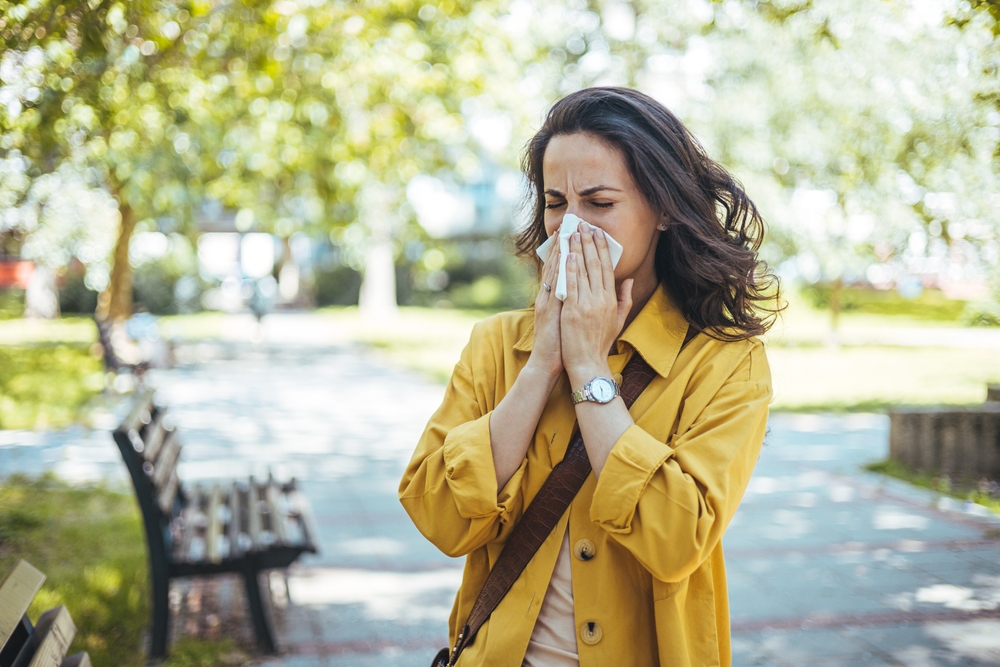
Acupuncture for Allergy Prevention and Relief
Those who suffer from allergies know just how disruptive they can be in your day to day. Symptoms can be triggered by the slightest exposure to an allergen and persist for as long as you are exposed. As most of the common allergens are airborne, it can be nearly impossible to avoid them. Thankfully, there are treatment options that can relieve and even prevent allergy symptoms. Below, you’ll find everything you need to know about the different types of seasonal allergies, as well as how acupuncture can help you live your life symptom-free.
What is allergic rhinitis?
More commonly referred to as seasonal allergies or hay fever, allergic rhinitis is an allergic response to harmless indoor and outdoor particulates in the air that causes cold-like symptoms. Unlike a cold, these symptoms will occur immediately after exposure to allergens and will continue for as long as you are exposed.
While allergens are generally harmless, our immune system will decide they pose a threat to our health and produce immunoglobulin E (IgE) antibodies to protect against them. The next time you come into contact with that allergen, those antibodies will signal to your immune system to release histamine and other chemicals into your bloodstream.
Common causes
As we’ve discussed, allergic rhinitis is an immune response to airborne allergens. It is believed that allergies are a symptom of an overreactive immune system, since most allergens are not actually harmful (with the exception of molds and other contaminants). Common types of allergens are pet dander, dust and dust mites, mold, fungi, mildew, and plant pollens.
Common symptoms
Allergic rhinitis causes cold-like symptoms that start immediately after being exposed to an allergen. The severity of symptoms varies from person to person, but the following are the most commonly experienced:
- Runny nose or sinus congestion
- Water and itchy eyes
- Sneezing
- Coughing
- Itchy nose, throat, or roof of mouth
- Postnasal drip
- Swollen, bruised-appearing skin under the eyes (also called allergic shiners)
- Fatigue resulting from poor sleep caused by the above symptoms
Types of seasonal allergies
Types of seasonal allergies
As the name implies, seasonal allergies are allergies that occur at specific times of the year. This is because most seasonal allergens are from tree and plant pollen. Each season will see different types of pollen released into the air. That’s why some people will only experience allergies during one season and not others, while other people may experience allergies year-round.
Spring
In the spring, tree pollen is the most likely culprit behind your allergy symptoms. This is the time of year when trees bud and flower as their leaves come in. Allergenic trees in North America include:
- Birch
- Cedar
- Alder
- Horse chestnut
- Willow
- Poplar
Additionally, this time of year sees a lot of grass pollen in the air. There are many types of grass that grow in North America, but not all of them are allergenic. The ones that are allergenic include perennial rye, Bermuda grass, bluegrass, and saltgrass.
Summer
During summer, pollen from grasses and weeds is high in the air. Ragweed is the most common culprit, but there are many other plants that can cause you trouble. In fact, many of the grasses that contribute to spring allergies continue to produce pollen into the summer. The following are some of the biggest contributors to summer allergies:
- Ragweed
- Bermuda grass
- Tumbleweed
- Bluegrass
- Sage brush
- Perennial rye
It should be noted that smog is at its worst during the summer, which can exacerbate your allergy symptoms.
Autumn
While plants start to die out and go dormant in autumn, there are still allergens that can trouble you during this season. Ragweed will still be producing pollen, as well as certain fruits and vegetables like zucchini or melons. As autumn sees a lot of rain and dampness, mold is a big trigger for allergies this time of year. And, as the weather cools and we spend more time indoors, and turn our heat on, dust and dust mites are also a big trigger this season.
Winter
Unlike the other seasons, pollen is not a factor in winter allergies. Instead, common triggers this time of year are things found indoors. Specifically, mold, dust and dust mites, as well as pet dander. Since it is too cold to have the windows open, air does not circulate as freely in indoor spaces. This leads to higher levels of allergens being present in the air.
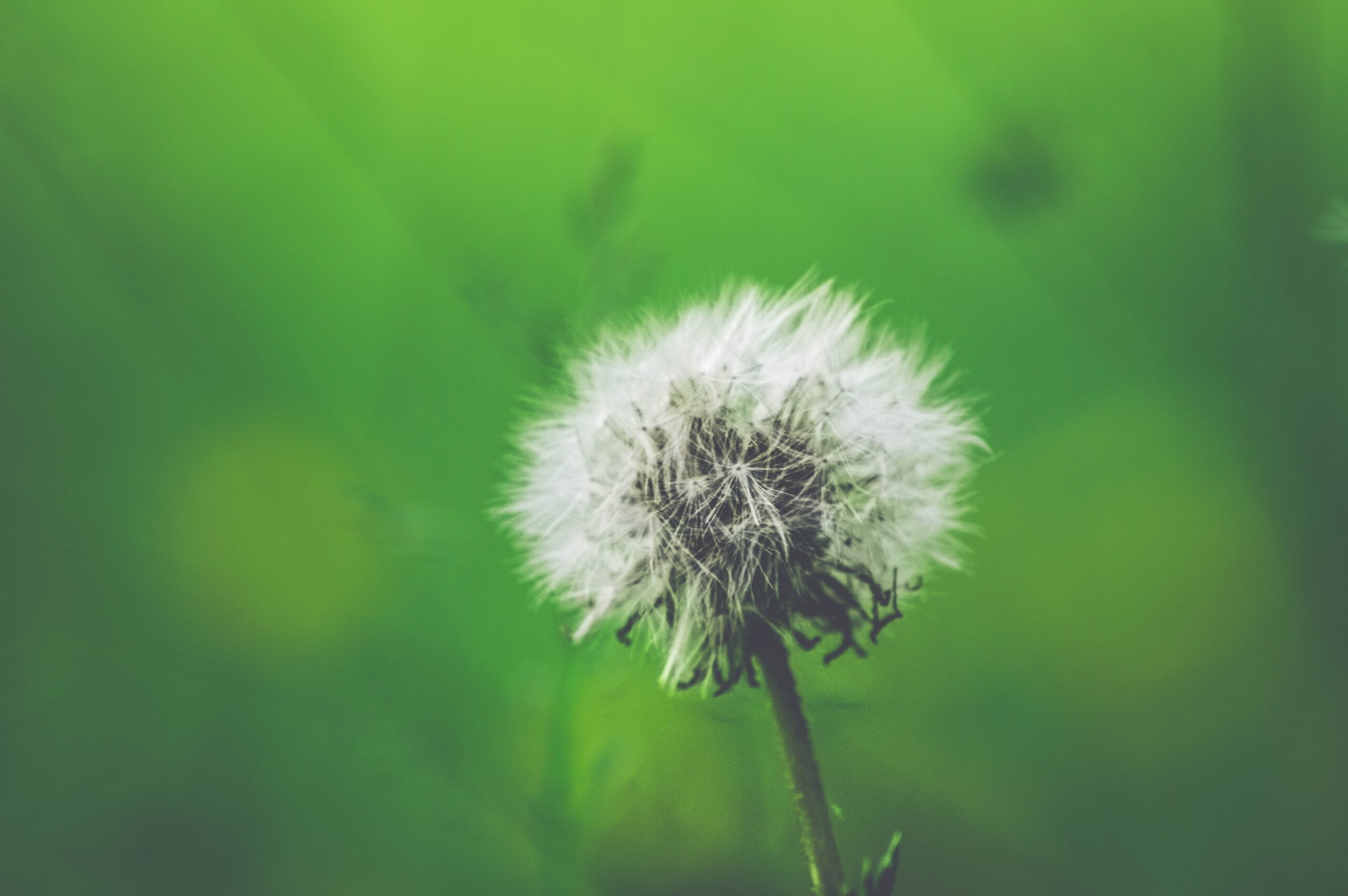
What is acupuncture?
Acupuncture is a branch of Traditional Chinese Medicine that uses very thin needles inserted into your skin to stimulate and regulate the flow of your vital energy or Qi (pronounced “chee”). Imbalance and stagnation of Qi manifest in the physical symptoms of illness and disease. These dysregulations of energy can be treated through applied stimulation of acupoints along natural pathways in your body called meridians.
How can acupuncture help?
As allergies are an immune response, acupuncture can help support your immune system while reducing the reactivity that is causing your symptoms. In TCM, defensive (Wei) Qi is our first line of defense against sickness. Imbalance, stagnation, and blockages will weaken Wei Qi, and prevent it from being distributed evenly throughout your body.
Acupuncture is designed to improve the flow of Qi by removing blockages and stagnation and restoring balance. Stimulating the meridians that correspond with the lungs, kidneys, stomach, and spleen strengthens the source (Yuan) Qi and the middle (Zhong) Qi, while improving the circulation of defensive Qi. This helps strengthen immunity and reduces reactivity to allergens. The treatment can also relax or release the overreactive smooth muscles that cause bronchial constrictions.
What is defensive Qi?
As we’ve mentioned, defensive Qi is your body’s first line of defense against pathogens. This type of Qi flows in the space between your skin and your muscles, also called the Cou Li. When your defensive Qi is responding to pathogens, we experience symptoms of fever, chills, and shivering. Having low defensive Qi will cause our bodies to become more reactive to allergens, and more prone to getting sick.
Does acupuncture interfere with other allergy treatments?
Acupuncture does not interfere with or impede the effectiveness of other allergy treatments like allergy shots or antihistamines. In fact, there is ample evidence that undergoing acupuncture while receiving other allergy treatments will boost the effectiveness of both, and lead to faster recovery and reduction of symptoms. All that to say, you don’t have to choose between acupuncture and other treatments!
Finding a treatment protocol that provides relief and prevents allergy flareups will greatly improve your quality of life. Book your allergy consultation today and start feeling better!
